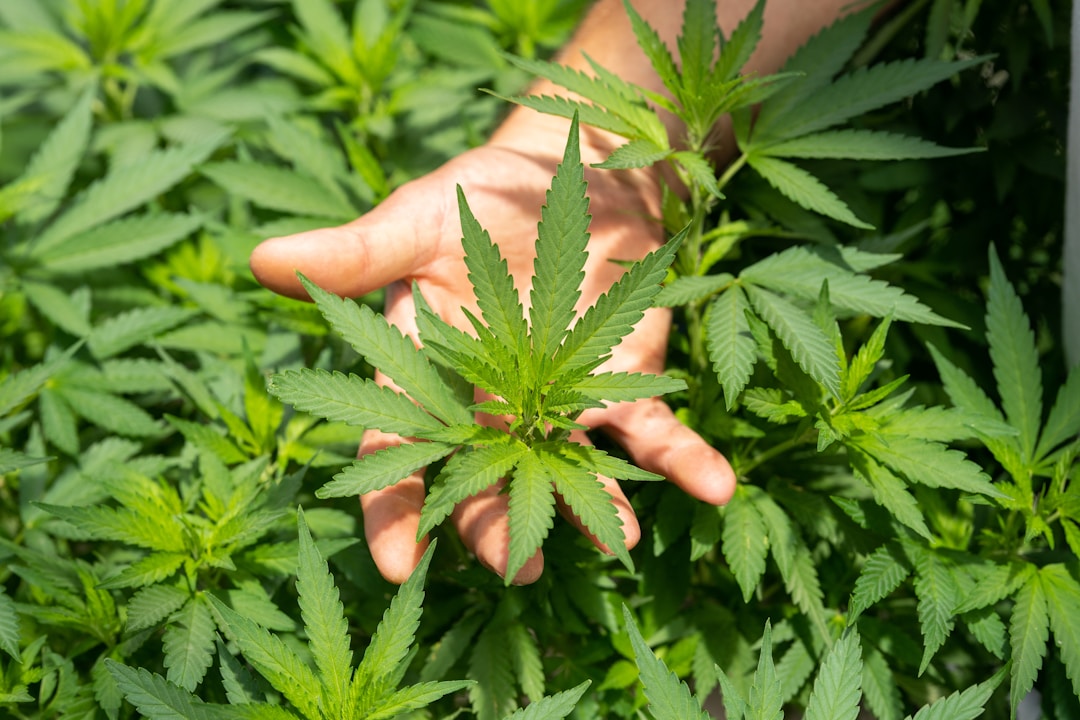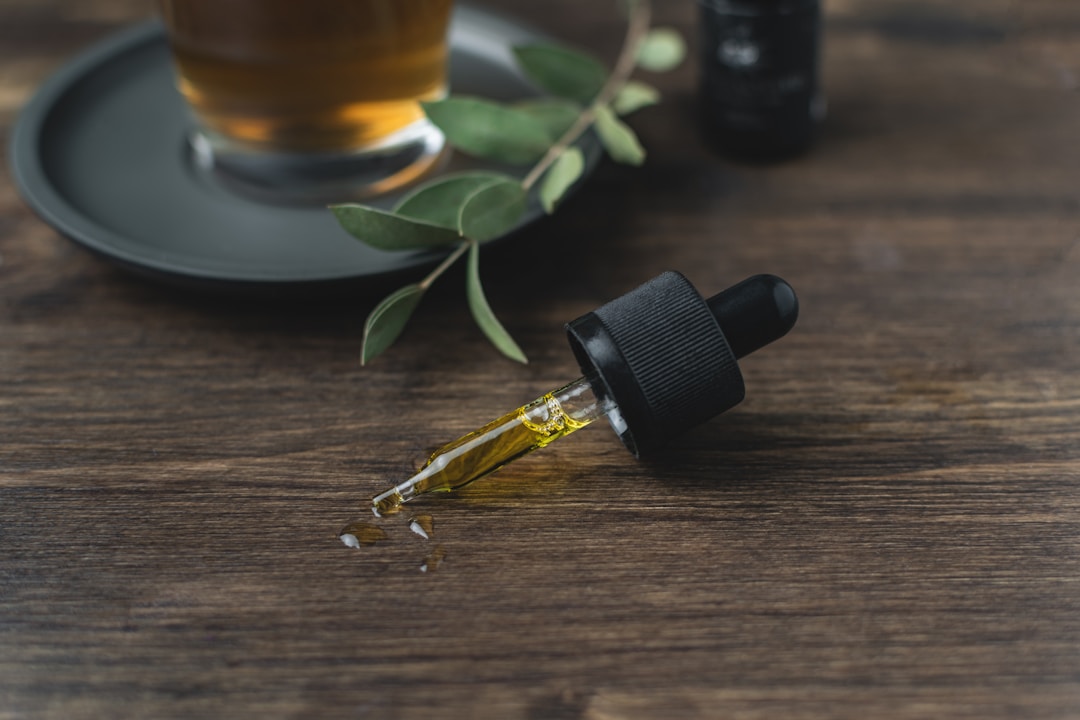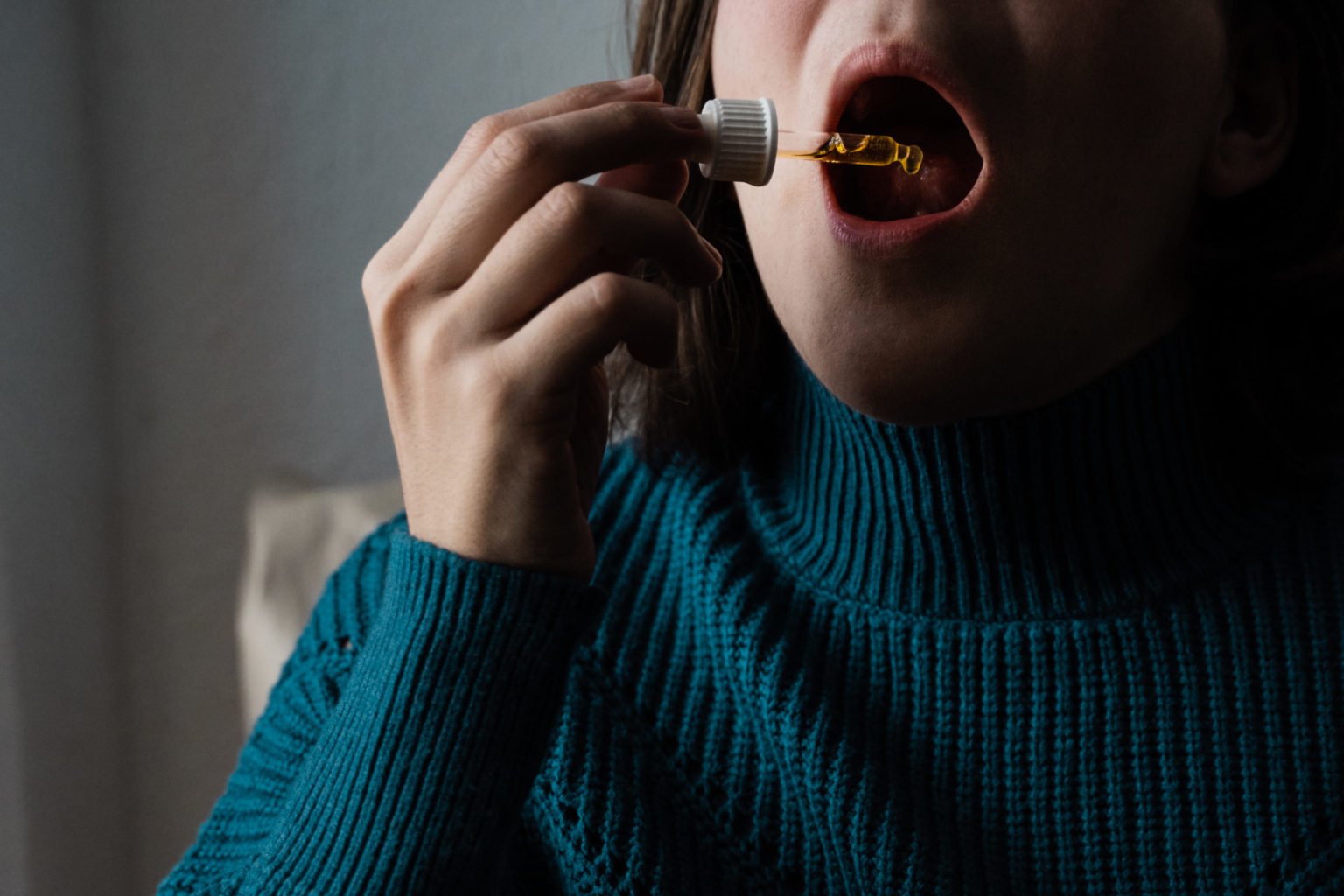As legalization becomes increasingly widespread, interest in cannabis is growing both in the United States and all over the world. Many people don’t realize there are different forms of cannabis, though, and that not all cannabis products have the same effect. CBD, which can be derived from both cannabis and hemp plants, has become one of the trendiest product ingredients in the wellness space, and its popularity doesn’t show signs of fading anytime soon. If you’re considering experimenting with CBD yourself, keep reading to find out whether or not you should expect to get high when you use CBD products.
Can CBD give you a high?

One of the most common questions people have about CBD is whether or not it can get you high. There are many cannabinoids in the cannabis plant, all of which have unique effects. Though tetrahydrocannabinol (THC) and cannabidiol (CBD) are both cannabinoids, only THC is known to have intoxicating qualities. Delta-9-tetrahydrocannabinol is the compound responsible for the psychoactive high associated with using specific cannabis products. This is why CBD products are prohibited from containing more than trace amounts of THC in order to be used legally in the United States.
Keep in mind that there are also different types of CBD, though none contain enough THC to get you high. Full-spectrum CBD products include a range of cannabis compounds, including up to 0.3 percent of THC. Broad spectrum CBD contains an array of cannabis compounds, but it has 0.0% THC. Which type of CBD you want to use depends entirely on your preferences and what type of effect you’re hoping to achieve. You can read customer reviews and experiences to find out more about what using a specific product is like.
If you’ve never used cannabis or CBD before, you should check in with your health care provider before trying it for the first time. Your doctor will be able to explain how CBD products may impact the health conditions you have and warn you about any potential drug interactions with medications you’re currently taking. Your doctor may even be able to provide advice on products and proper dosage if they’re well informed about cannabis.
What else should you know about CBD?

Since CBD is derived from hemp and the hemp plant, it is considered legal on a federal level due to the passage of the 2018 Farm Bill. Some of the other hemp-derived cannabinoids that you’ll find in cannabis products include cannabinol (CBN) and cannabigerol (CBG). Anecdotally, consumers rave about the benefits of CBD products and their positive impact on symptoms including discomfort, swelling, occasional sleeplessness, and lack of appetite, though further study is needed to better understand these effects.
There is a wide range of clinical trials underway aimed at identifying potential medical applications for CBD, and there have been notable advancements in recent years. For example, the FDA approved the first prescription drug containing cannabidiol as an active ingredient in 2018. The drug has since been granted approval to treat seizures caused by Dravet syndrome, Lennox-Gastaut syndrome, and tuberous sclerosis complex. Researchers and members of the cannabis community are hopeful that this is only the beginning.
We still have a lot left to discover about CBD and its potential uses, but there’s no denying that it has already become a consumer favorite within the wellness space. Since CBD products aren’t permitted to contain more than trace amounts of THC, they won’t get you high the way that marijuana products will. Consumers typically describe CBD’s effects as more subtle and relaxing than those associated with THC, which many people prefer. No matter what type of product you decide to try, CBD can be a beneficial addition to your wellness routine.











